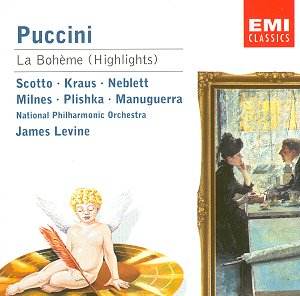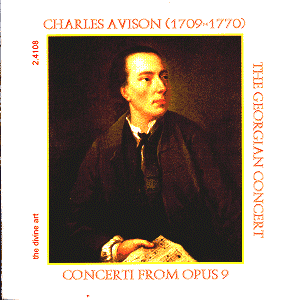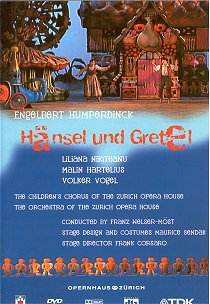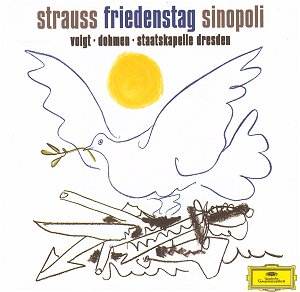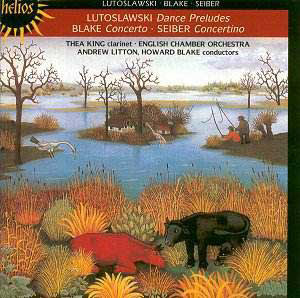 Composer: Witold Lutosławski
Composer: Witold Lutosławski
Works: Dance Preludes (1954, orch. 1955), Mátyás Seiber: Concertino for Clarinet and String Orchestra (1928, orch. 1951), Howard Blake: Clarinet Concerto (1984)
Performers: Thea King (clarinet), English Chamber Orchestra, Andrew Litton
Recording: May-June 1985 (Blake) and April 1986 (Lutosławski, Seiber)
Label: HELIOS CDH 55068
Witold Lutosławski, a towering figure in 20th-century music, navigated the turbulent waters of Socialist Realism in Poland by drawing upon folk themes and idioms, particularly in his Dance Preludes. Composed in 1954, this work is a vibrant tapestry that encapsulates the folk traditions of Poland, while simultaneously serving as a subtle act of defiance against the rigid doctrines imposed by the state. The orchestral version, crafted in 1955, enhances the original’s rhythmic vitality and harmonic richness, allowing Lutosławski’s innovative textures to resonate with greater clarity.
Thea King’s interpretation of the clarinet part is particularly striking; her tone is both warm and incisive, capturing the playful spirit inherent in Lutosławski’s writing. The English Chamber Orchestra, under Andrew Litton’s deft guidance, provides a polished and dynamic accompaniment, deftly navigating the intricate interplay between soloist and ensemble. The articulation in the opening of the Dance Preludes is crisp, with King’s phrasing exhibiting a buoyant lilt that aligns with the piece’s folk-inspired motives. The rhythmic juxtaposition of the various sections is handled with finesse, particularly in the contrasting slow middle section, where King demonstrates remarkable control and lyrical beauty, evoking a sense of introspection that complements the surrounding vivacity.
Turning to Mátyás Seiber’s Concertino, originally penned as a clarinet quintet in 1928 and later arranged for string orchestra in 1951, the work reflects a unique blend of influences that resonate with the harmonic language of his contemporaries, notably Zoltán Kodály. Here, Seiber’s melodic lines are imbued with a buoyant charm, and King’s interpretation again shines through. Her ability to navigate the intricate interplay between the clarinet and strings showcases a deep understanding of the work’s lyrical and rhythmic complexities. The ensemble’s clarity in ensemble passages ensures that the harmonic textures remain transparent, allowing Seiber’s rich, folk-inspired motifs to emerge unencumbered.
Howard Blake’s Clarinet Concerto, composed in 1984, represents a more contemporary voice within this collection, characterized by its melodic inventiveness and lush orchestration. King’s performance is compelling, as she deftly balances the concerto’s lyrical passages with its more virtuosic demands. The orchestration is skillfully realized, with Blake’s use of color providing a vibrant backdrop against which King can shine. The lyrical second movement, with its gentle, flowing lines, exemplifies Blake’s gift for melody, and King’s interpretation imbues the phrases with a heartfelt expressiveness that is undeniably engaging.
The recording quality across the three works is consistently excellent, with a balanced soundstage that allows for a clear distinction between the soloist and the ensemble. The engineering captures the nuances of King’s clarinet, from the rich lows to the bright highs, all while ensuring that the orchestral contributions remain firmly in the foreground without overshadowing the soloist.
This Helios release presents an attractive program that not only showcases the talents of Thea King but also highlights the rich tapestry of 20th-century clarinet repertoire. Each work, while distinct in style and historical context, shares a common thread of folk influence and melodic charm, making this recording an essential addition for both clarinet enthusiasts and those seeking to explore the intersections of folk and art music. The performances are striking, and the recording quality is superb; this collection deserves to find a place in the libraries of both seasoned listeners and newcomers alike.
